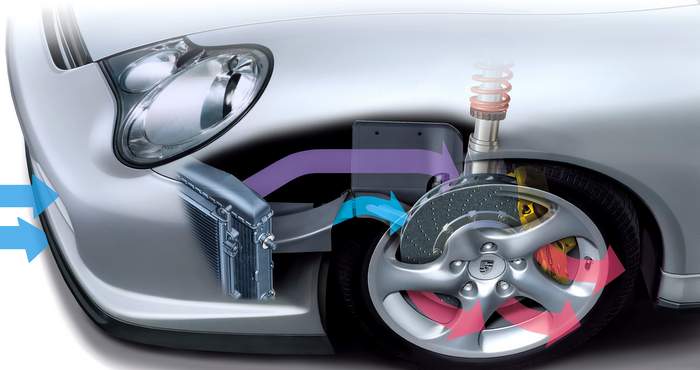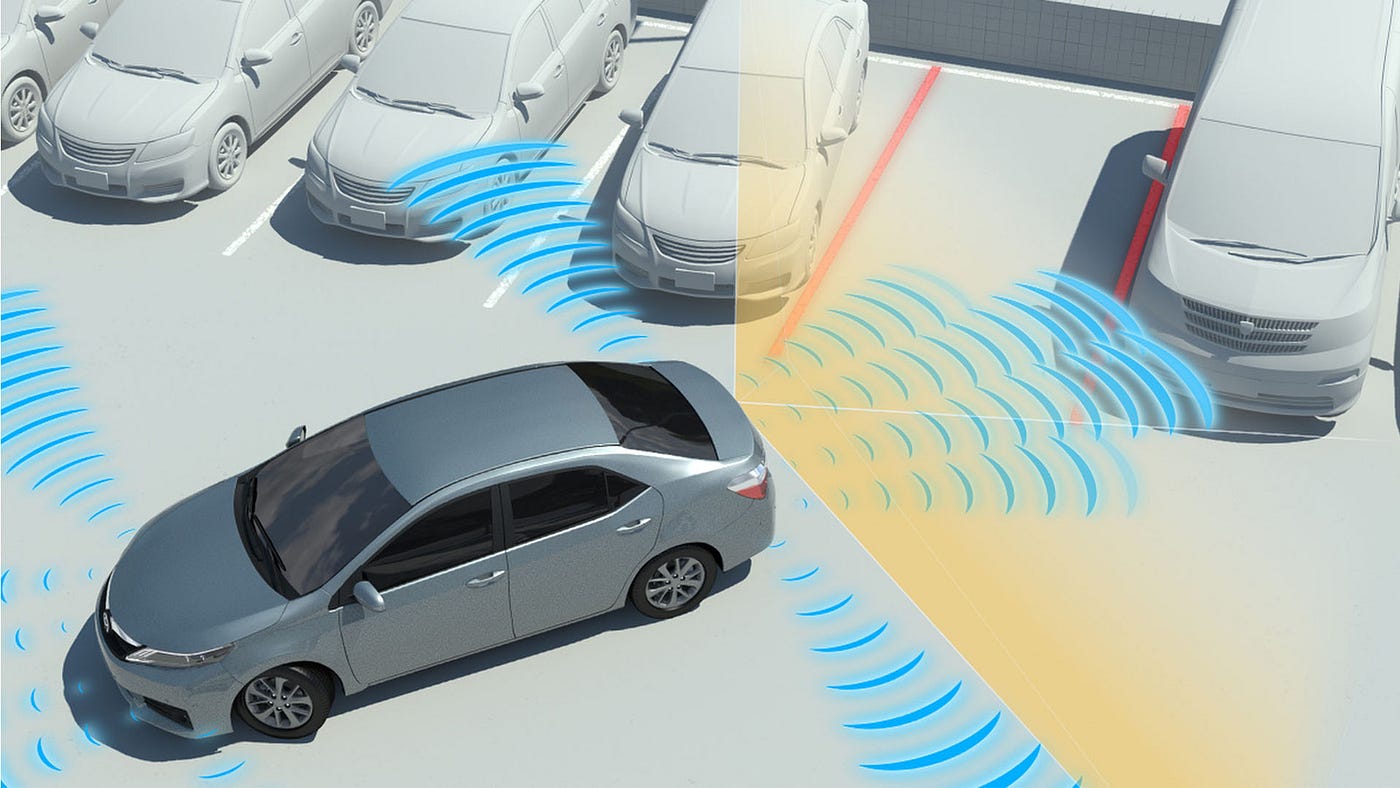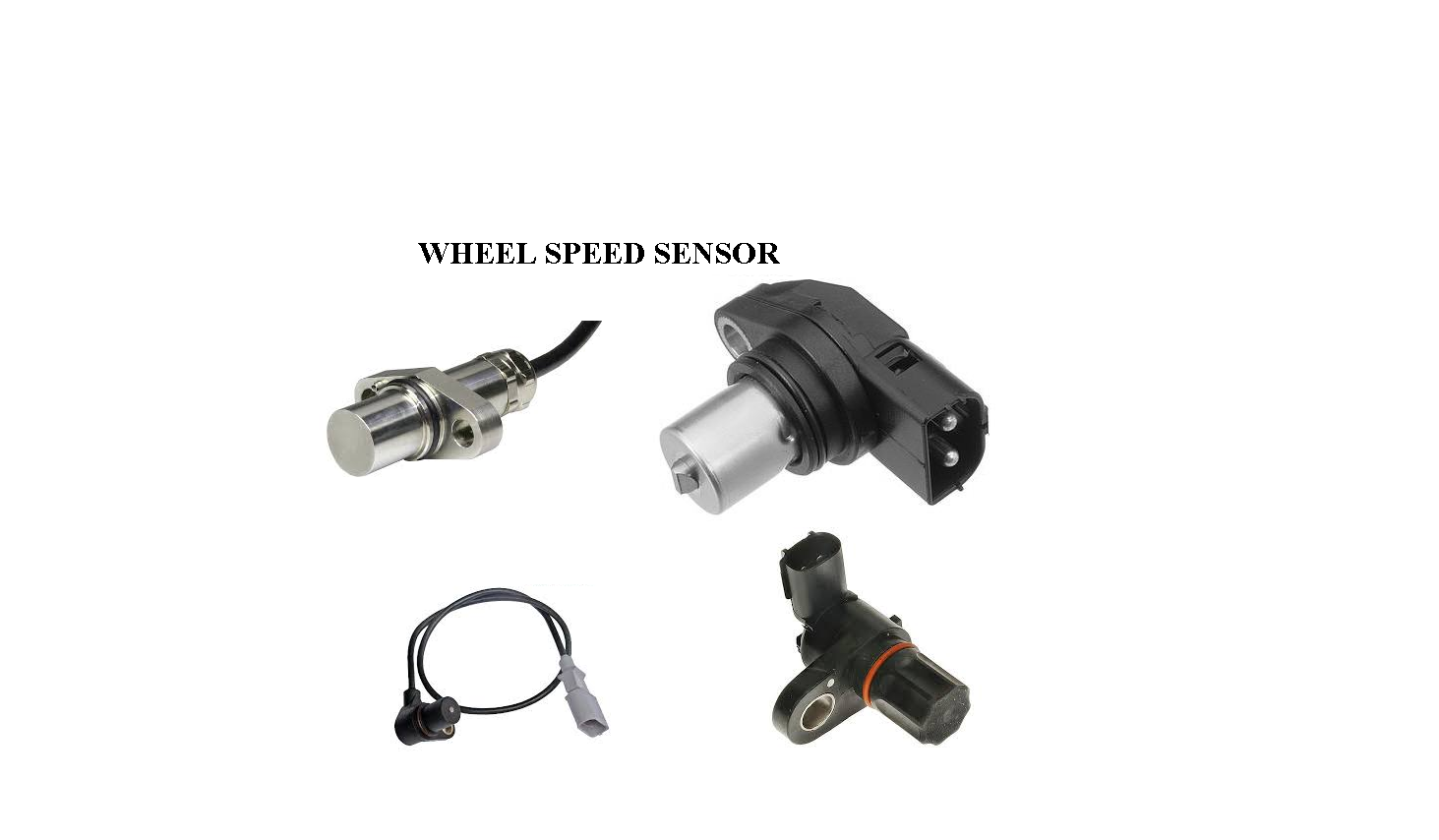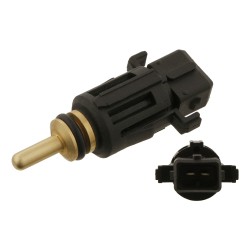Functions of automotive car sensor
Automotive car sensors are essential components of modern cars as they provide crucial information to the vehicle's control systems. These sensors measure and monitor various aspects of the car's performance, including speed, temperature, pressure, and other critical parameters.
One of the primary functions of sensors is to improve safety. For instance, the anti-lock braking system (ABS) uses wheel sensors to monitor the speed of each wheel. If a wheel stops rotating while the car is still moving, the ABS will reduce brake pressure to prevent skidding and ensure the driver maintains control of the car. Similarly, the airbag system uses sensors to detect sudden changes in the car's speed, deploying the airbag to protect the occupants in case of a collision.
Another essential function of sensors is to improve fuel efficiency. Sensors like the oxygen sensor, fuel pressure sensor, and mass air-flow sensor work together to optimise the car's fuel delivery system, ensuring that the engine runs efficiently. By monitoring the fuel-air mixture, the sensors can adjust the fuel flow to maximise combustion efficiency, thus reducing fuel consumption and emissions. Sensors play a crucial role in enhancing the car's performance, safety, and efficiency.
A total of 1 page 1 data




